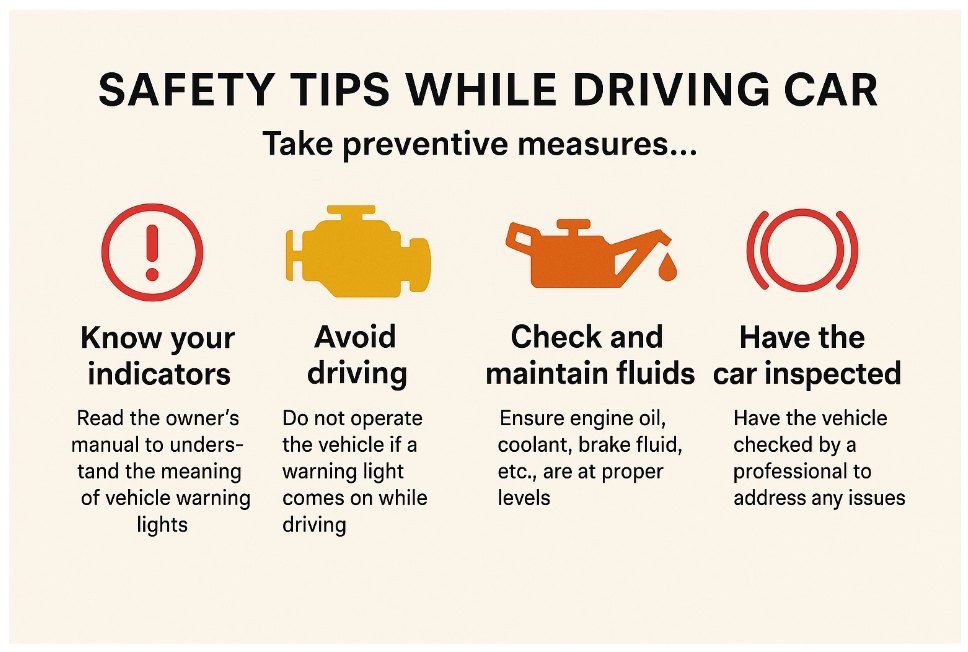
Many people experience persistent fatigue despite getting a full night’s sleep. If you often feel like you’re fighting to stay awake during the day, you’re not alone. Constant drowsiness can significantly impact daily life, but understanding the underlying causes is key to regaining energy. Here are five common reasons for relentless tiredness and what you can do about them.
1. Sleep Disorders
Sleep-related issues are one of the primary culprits behind chronic fatigue. Conditions such as sleep apnea, insomnia, and restless legs syndrome (RLS) can severely disrupt your rest.
– Sleep Apnea: This condition causes breathing to repeatedly stop and start during sleep, resulting in poor-quality rest.
– Insomnia: Difficulty falling or staying asleep affects about one-third of adults at some point and is a leading cause of daytime fatigue.
– Restless Legs Syndrome: Characterized by uncomfortable sensations and an uncontrollable urge to move the legs, RLS can significantly interfere with sleep.
Research published in Sleep highlights that chronic insomnia increases the risk of depression, anxiety, and cardiovascular issues, emphasizing the importance of addressing these disorders.
2. Iron Deficiency
Iron is essential for transporting oxygen throughout the body. Low iron levels can lead to iron deficiency anemia, a condition that leaves muscles and tissues deprived of oxygen, causing fatigue and weakness.
Women, in particular, are more susceptible to iron deficiency anemia. A study in the American Journal of Clinical Nutrition found that improving iron levels significantly boosts energy and reduces tiredness. If you’re feeling consistently drained, a simple blood test can determine whether low iron is the cause.
3. Lingering Effects of Infections
Some bacterial and viral infections leave a lasting impact on your energy levels.
– Lyme Disease: A bacterial infection transmitted by ticks, Lyme disease can result in extreme fatigue that persists even after treatment.
According to the Journal of Infectious Diseases, many individuals recovering from Lyme disease experience long-term tiredness that can last for months or even years. If you’re dealing with unexplained fatigue, it’s worth considering whether a past infection could be the cause.
4. Chronic Stress
Stress is another major contributor to sleep difficulties and daytime drowsiness. When you’re stressed, your body releases cortisol, which can keep you in a state of heightened alertness and make it harder to unwind.
The American Psychological Association notes that chronic stress is linked to various health problems, including insomnia and sleep fragmentation. A 2017 study in Sleep Medicine found that people with high stress levels often struggle with both the quantity and quality of their sleep, leaving them feeling perpetually exhausted.
5. Hypothyroidism
An underactive thyroid, or hypothyroidism, can cause significant fatigue. The thyroid gland regulates metabolism and energy levels, and when it’s not functioning properly, you may feel sluggish, gain weight, and experience general exhaustion.
Fortunately, hypothyroidism can be easily diagnosed through a blood test, and treatment with thyroid hormone replacement therapy often helps restore energy levels.
Conclusion
If you’re feeling persistently tired despite getting enough rest, it may be time to explore potential underlying causes. Whether it’s a sleep disorder, nutrient deficiency, or a medical condition, identifying the root of your fatigue is the first step toward feeling more energized and alert.





